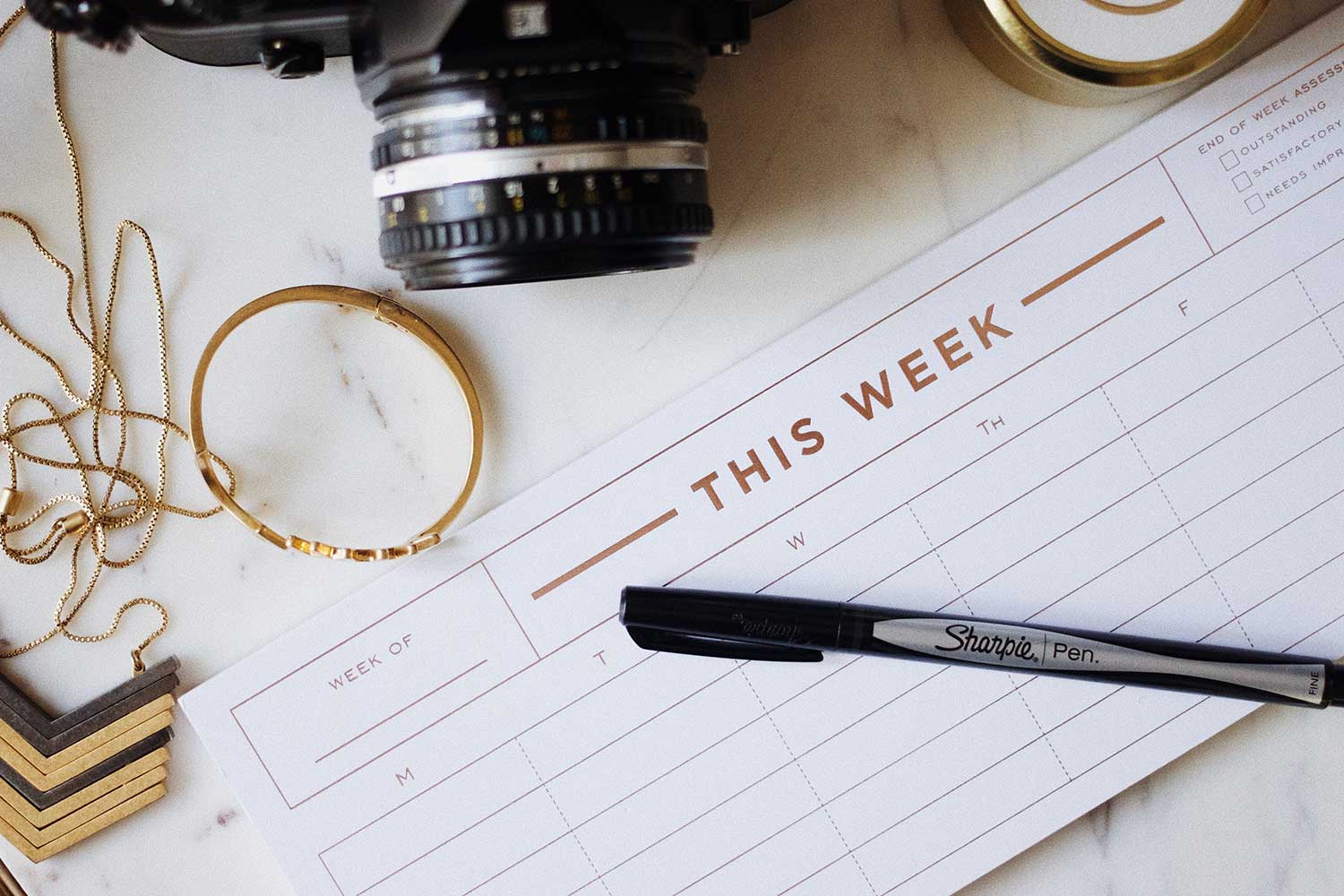Deep Work for Lawyers: How to Achieve Peak Productivity
Posted on Dec 14, 2020

Many lawyers are short on time. Between impromptu phone calls with clients, last-minute emergencies, and other distractions it can be challenging to both find the time and focus to complete demanding tasks. “Deep work” is a concept designed to help you to focus on getting your most complex and important work done. But how can you practically implement it in your daily schedule?
What is deep work?
Deep work is a concept developed by author and professor Cal Newport. It refers to the ability to focus on a cognitively demanding task without any distraction in a way that ensures peak performance.
The definition of deep work is:
“Professional activities performed in a state of distraction-free concentration that pushes your cognitive capabilities to their limit. These efforts create new value, improve your skill, and are hard to replicate.”
In essence, it's a mix of:
- understanding how you work best;
- removing distractions in your environment;
- planning and protecting your deep working time; and
- monitoring your behaviour so you don’t distract yourself;
Examples of deep work for lawyers might include drafting a complex letter of advice, drafting a statement of claim, or drafting a contract. Tasks that require deep work are generally complex, demanding and produce real value for your firm or for your clients.
Deep work - a great productivity tip for lawyers
So how can deep work benefit lawyers?
In short, it is a strategy that can help you manage distractions better, become more disciplined with your time, and to quickly identify and separate high-value work from low-value work in order to boost your productivity. When you complete tasks during deep work you also have more focused concentration - which means less errors and improved performance.
How to get started
1. Plan your week as a narrative
Most people use a to-do list to plan their work. But what if you were to switch it up and start telling it as a weekly narrative instead?
For example, you might plan your Monday like this:
Arrive at the office by 8 am. Check email and respond to any urgent items by 8.30 am. Spend 120 minutes drafting a contract for a client, finish by 10.30 am. Check email before lunch and spend 30 minutes responding. Do weekly planning then finish before lunch.
After lunch, attend scheduled meeting with client for 60 minutes. Draft file note after the meeting. Then spend 120 minutes drafting a letter of advice to a new client, send for review before 4 pm.
Then you continue to do the same for the rest of the working week.

Transforming your to-do list into a narrative is a great productivity tip that can improve your time management skills in a number of different ways:
Overview of your tasks: By writing out the narrative of the week as a whole, it’s easier to keep an overview of all the tasks you want to do.
Overview of your time: You’ll also have a more comprehensive understanding of where you’ll be at different points during the week.
Plan realistically: We often think that we can fit in more in a working day that is actually possible. Planning your week as a narrative helps you plan more realistically and achieve the goals you set for yourself.
2. Give yourself a set time to work on a task/project
It's often easier to stay focused on a task if we know we're on a tight deadline. Without this, our focus can drift and we end up spending more time completing the task than is really necessary. A great productivity tip is to try to recreate that focus every day by creating a sense of urgency for each task.
You can achieve this sense of urgency by doing a proper estimate of how much time you will spend on a specific task - such as completing the draft of a contract. Then you set your deadline to complete the task based on this estimate.
Of course, you can allow for some flexibility, but you should aim to follow the plan as closely as possible. This is a simple way to remedy a wandering mind, help you stay focused, and improve your time management.
3. Distance yourself from social media, emails and other distractions
When you hear a ping from your mailbox or the buzzing of your phone, do you feel a tingling urge in your fingers to reach out and check it immediately? You're not the only one. Most of us are hardwired to do it.
But distractions are costly for your time management, one study shows that distractions and fragmented work can derail your mental progress for up to 30 min! Needless to say, distractions are productivity's worst enemy.
Distractions are difficult to get rid of completely but you can find ways to manage them better:

Social media
Deep work asks us to take a more drastic approach to social media than other productivity hacks - by completely getting rid of any social media platforms that don't contribute to your quality of life. If you’re not quite ready to say goodbye to your social media accounts, you can start by planning breaks during your day to check your social media. By staying disciplined you soon start to notice your improved focus.
Emails
Emails are a bigger distraction than you might think. As soon as we get an email notification it can be very tempting to open our inbox. But most often it's not something that requires your immediate attention. If you feel like emails are a distraction then try to get comfortable with not immediately responding. And remember, if it was urgent the person would've probably called you instead.
Interruption log
This is a great exercise to get a better understanding of how many times you get interrupted per day. By keeping an interruption log you can begin to identify interruptions and understand where they come from in order to manage them better in the future.
4. Embrace boredom
The value of boredom is underestimated. Being bored can have amazing effects on your creativity and problem-solving abilities - both key skills for a successful lawyer.
Often when we finish a task we "treat" ourselves by checking the news, catching up on messages, or taking a quick scroll through our Instagram feed. We might think that we're taking a break and letting our minds relax from cognitively demanding work but in reality, our minds are being bombarded by different stimuli.
So next time you're on your lunch break, standing by the coffee machine or doing your daily commute, fight the urge to look at your phone. By getting comfortable doing nothing at all, you will soon see the benefits.
There is a lot more to deep work than we can cover in one article. But by implementing the productivity tips above you'll find you'll be able to boost your performance, improve your time management and enhance your focus. All of which means you can deliver higher quality work more efficiently - leaving you with more time to spend on the things you most value in life.




